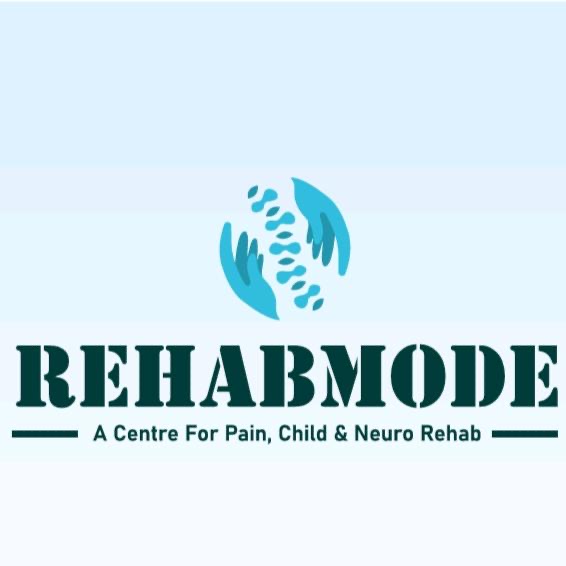Chronic Pain Syndromes

1. Characteristics:
- Chronic pain syndromes are persistent pain conditions lasting for months or years beyond the expected healing time.
- They can manifest in various forms, such as neuropathic pain (nerve-related), musculoskeletal pain, or widespread conditions like fibromyalgia.
- Symptoms often include ongoing discomfort, fatigue, mood disturbances, and reduced quality of life.
2. Causes and Triggers:
- Chronic pain syndromes can stem from a multitude of factors, including underlying medical conditions like arthritis, nerve damage, or autoimmune disorders.
- Psychological factors such as stress, anxiety, and depression can exacerbate symptoms and contribute to the development of chronic pain.
- Traumatic injuries, repetitive strain, and lifestyle factors like poor posture or lack of exercise may also play a role in triggering or worsening chronic pain.
3. Management and Treatment:
- Managing chronic pain syndromes requires a comprehensive approach tailored to the individual’s specific needs and circumstances.
- Treatment modalities may include medication management, physical therapy, cognitive-behavioral therapy, acupuncture, and alternative therapies like massage or chiropractic care.
- Self-management strategies such as pacing activities, stress reduction techniques, and maintaining a healthy lifestyle can also help individuals better cope with and alleviate chronic pain symptoms over time.



